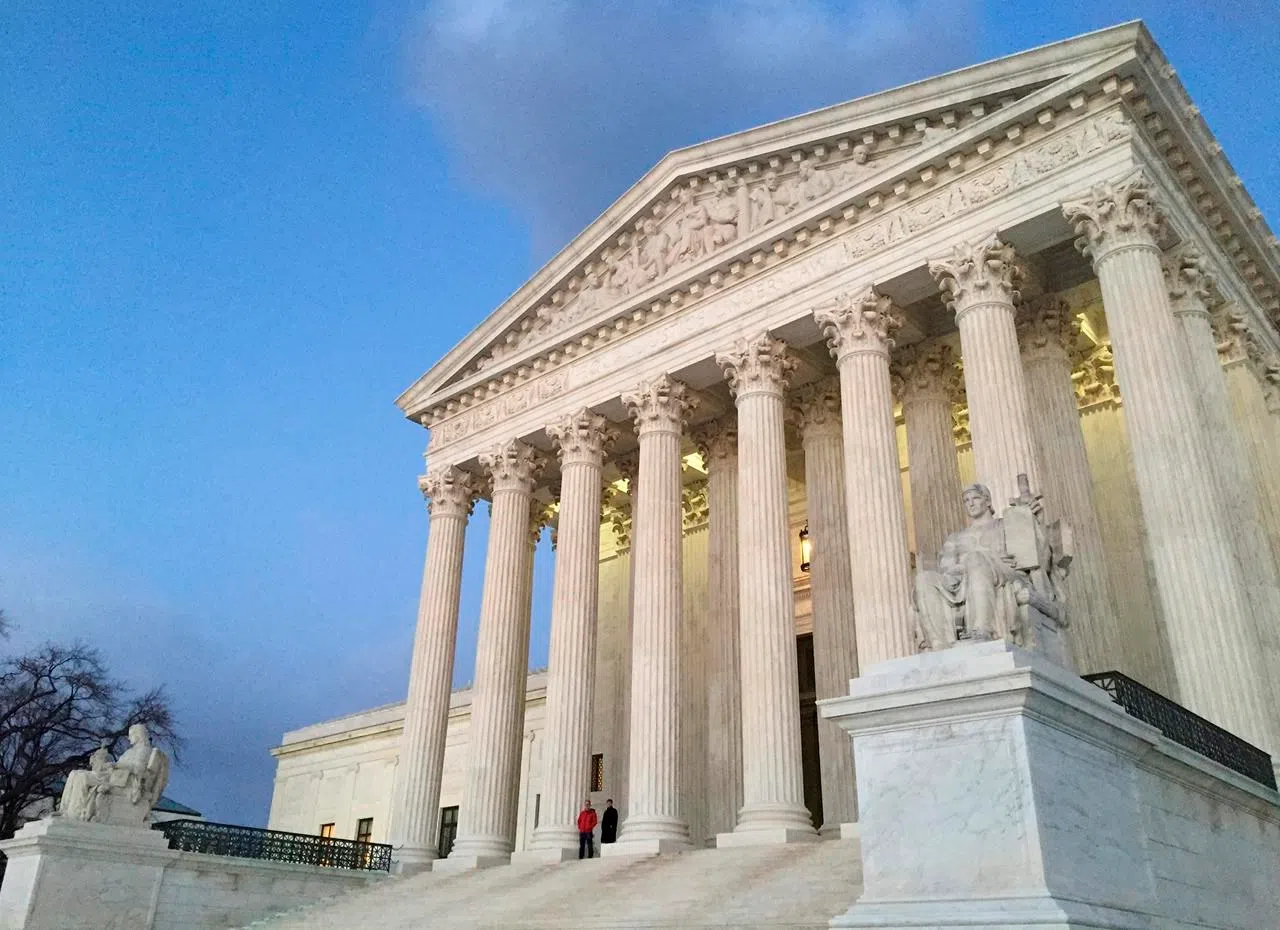
Supreme Court blocks Louisiana abortion clinic law
WASHINGTON — A divided Supreme Court stopped Louisiana from enforcing new regulations on abortion clinics in a test of the conservative court’s views on abortion rights.
The justices said by a 5-4 vote late Thursday that they will not allow the state to put into effect a law that requires abortion providers to have admitting privileges at nearby hospitals.
Chief Justice John Roberts joined the court’s four liberals in putting a hold on the law, pending a full review of the case.
President Donald Trump’s two Supreme Court appointees, Justices Neil Gorsuch and Brett Kavanaugh, were among the four conservative members of the court who would have allowed the law to take effect.


